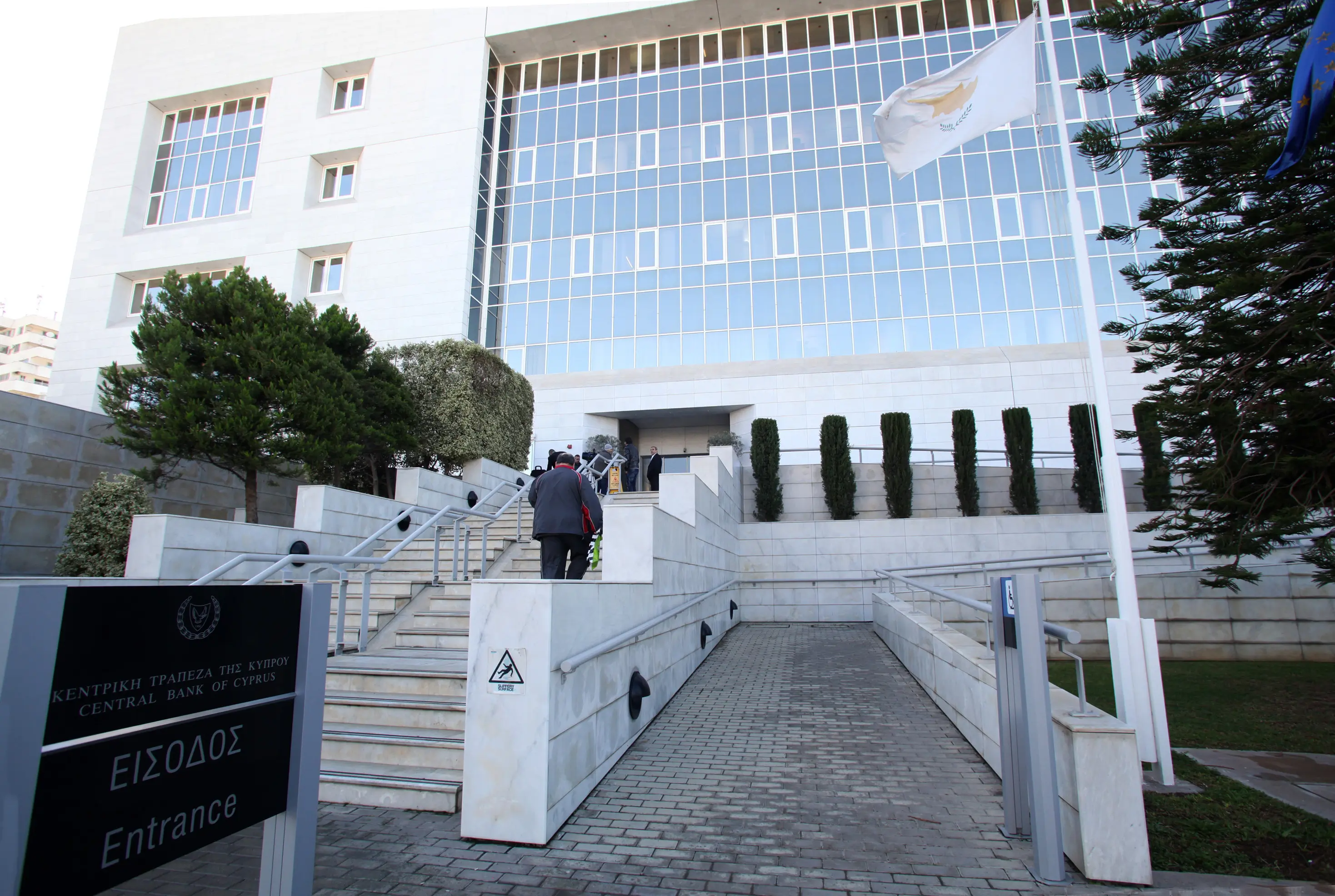Political Stakes And Foreclosure Regulation
Cypriot political parties are engaging in a high-stakes debate in parliament as they deliberate changes to the legal framework governing foreclosures ahead of the May parliamentary elections. The proposed shifts are aimed at curbing the rapid escalation in the value of non-performing loans, a trend that has sparked significant public and legislative concern. Confidential data from the Central Bank of Cyprus indicates that the nation has not yet moved away from its longstanding issues related to so-called “red loans.”
Non-Performing Loans: A Mounting Financial Challenge
Recent figures show that the value of distressed loans has continued to rise, surpassing €20 billion following transfers involving banks and credit recovery companies. This level exceeds the approximately €15 billion recorded during the economic crisis period. Central Bank data indicates that after loan sales, credit recovery firms now manage portfolios totaling €19.7 billion, of which €18.5 billion are classified as non-performing. About 87% of these loans are considered terminated, while the firms acquired 141,478 loans for €3.2 billion, roughly 80% below their original value.
Follow THE FUTURE on LinkedIn, Facebook, Instagram, X and Telegram
Credit Recovery Companies: Overshooting Investment Returns
By June, credit recovery companies had recovered €5.7 billion through a combination of cash repayments, judicial asset auctions and property-for-debt exchanges. Cash repayments accounted for €3.6 billion, judicial recoveries contributed €619 million, and property swaps added €1.5 billion. These recoveries exceeded the original purchase cost of many loan portfolios while overall balances continued to increase due to accrued interest, a development that remains a concern for policymakers.
Bank Portfolios And The Impact On Financial Stability
Data from the State Guarantee Fund for Deposits and Loans shows that 77,561 loans valued at €7.5 billion were transferred, leaving a remaining balance of €5.7 billion by June 2025, of which €5 billion are non-performing. Within the banking sector, non-performing loans totaled €1.45 billion across 24,736 accounts as of last June. Since December 2024, these figures have improved by approximately €86 million due to repayments and asset recoveries. The reduction in problematic loans has lowered bank exposure compared with levels recorded during the 2013 crisis.
Legislative Proposals And Government Considerations
Political leaders argue that adjustments to foreclosure procedures can be introduced without undermining banking stability. Parliament’s Economic Committee is scheduled to begin discussions on March 9, with an estimated 20 to 30 legislative proposals currently pending from multiple parties. While the Ministry of Finance has not announced immediate legislative action, officials are evaluating the potential reintroduction of elements of the Rent-Versus-Rate plan for vulnerable borrowers, subject to fiscal impact assessments.
Advocacy From AKEL And Environmental Groups
Proposals supported by the AKEL party and several civil organizations focus on strengthening legal protections for borrowers. Among the suggested measures is restoring the right to seek judicial relief to delay foreclosures in cases involving disputed charges or alleged abusive contract clauses. AKEL representative Aristos Damianou criticized the pace of foreclosure proceedings and warned of risks to primary residences and small businesses.
Proposals Targeting Guarantors And Foreclosure Processes
The Democratic Rally party has introduced a proposal aimed at limiting guarantor liability during foreclosure procedures. Under the draft measure, if a property is auctioned or repossessed, the guarantor’s responsibility would be capped at the original loan amount adjusted by recovered sums. The proposal also requires that enforcement actions against guarantors be suspended until a court ruling is issued if the borrower formally disputes the debt.
Revisions Proposed By The Democratic Party of Cyprus
The Democratic Party is also preparing new legislative measures to be introduced on Thursday. Party leader Mario Karogian outlined plans to suspend the foreclosures of primary residences valued up to €350,000 until the end of the year, allowing time to address legislative gaps. Additional proposals include broadening the powers of the Financial Ombudsperson to make binding decisions on disputes up to €50,000, enforcing the Central Bank’s code of conduct, and ensuring strict adherence to refinancing guidelines for first residences.
Outlook And Strategic Implications
The range of proposals reflects an ongoing effort to balance financial system stability with stronger consumer protections. Decisions made in the coming months are expected to shape the regulatory environment for foreclosures and influence broader confidence in Cyprus’ financial sector and economic outlook.








